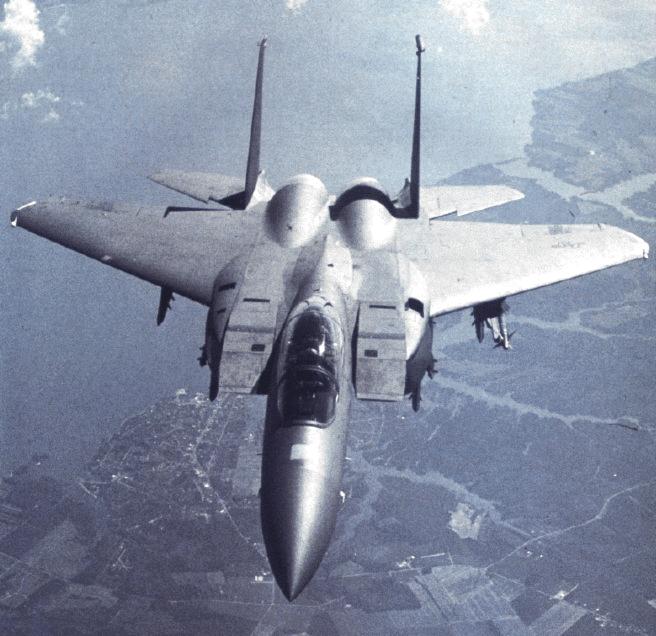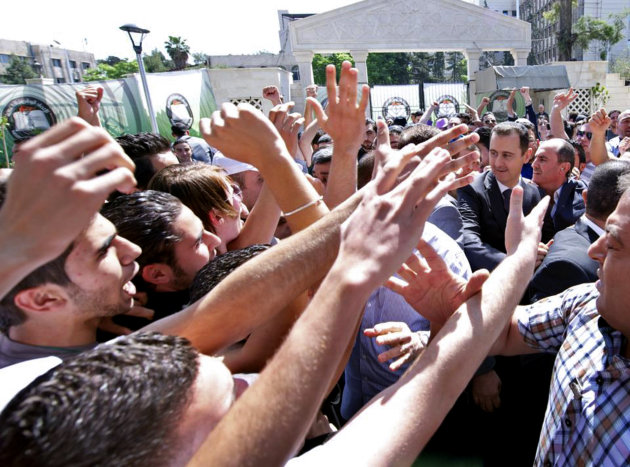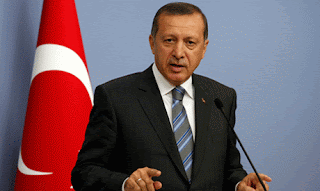Rachel Corrie with its dangerous cargo.
About 200 people have taken part in a protest in Belfast against the Israeli seizure of an Irish aid ship trying to break the blockade of the Gaza Strip.Irish Deputy First Minister Martin McGuinness described the Israeli intervention as a "raid" and said it was a "completely unacceptable and unjustified
use of force".
"The Rachel Corrie should have been allowed to proceed to Gaza without Israeli aggression," he said.
"This is an attack on an Irish flagged vessel and it demands a strong response by the Irish government."
Mary Hughes, one of the founders of the Free Gaza movement, which has been organising aid shipments, condemned Israel's actions.She added: "We are totally outraged that they have once again gone into international waters and violently boarded the boat, and force people to go to Israel when all we wanted was to be left to get to Gaza."
Several thousand people demonstrated in Paris on Saturday to show solidarity with the Palestinians and denounce the Israeli raids on aid boats bound for Gaza, with some Jews participating alongside Muslims. Protesters gathered in the Bastille area, in a rally which included Palestinian flags and one banner saying "French Jewish Union For Peace" with around 100 French Jews following it. It was not clear just how many were there in total.
In London, thousands of protesters wearing t-shirts with slogans like "Free Gaza" converged outside the prime minister's official residence at Downing Street, before staging a noisy march to the Israeli embassy.
Demonstratie in Istanbul.
Thousands of people on Saturday took to the streets of Istanbul, burning Israeli flags and branding the country a "murderer" over its deadly raid on Gaza-bound aid ships. The crowd, numbering about 10,000, gathered at the Çağlayan square on the European side of the city at the call of the Humanitarian Relief Foundation, or İHH, one of the key organizers of the aid flotilla to the Gaza Strip."Murderer Israel!" chanted the demonstrators, at times breaking into shouts of "Allahu Akbar!" or "God is great." The crowd also expressed support for the Palestinian Islamist movement Hamas, which controls the Gaza Strip, chanting "We are all
soldiers of Hamas!"
Alexandria on Friday. (Picture Al Masry al-Youm, Tareq el-Farmawy).
In Cairo there were also protest rallies, but the biggest Egyptian protests took place on Friday. That day Egypt's mosques were packed with
thousands of demonstrators after the noon prayer on Friday, protesting the killing of activists on board the Freedom Flotilla by Israeli forces. The largest demonstration occurred in Alexandria, where more than 20,000 protesters, including members of various professional syndicates, members of the Muslim Brotherhood and representatives of opposition parties, gathered in front of the Qaid Mosque and chanted slogans in support of the Palestinians.
In the Governorate of Gharbiya, more than 15,000 demonstrators gathered in the cities of Kafr el-Ziat, Basyoun, Qatur, Samnud, el-Mahala, Tanta and Zifti. The demonstrators burned the Israeli flag and demanded the expulsion of the Israeli ambassador from Cairo, in addition to calling on the religious authorities to sanction a holy war against Israel. Crowded demonstrations also occurred in Arish, Sharqiya, Damietta, Aswan and Assiut.

In Tel Aviv leftist and rightist demonstrators clashed Saturday night as more than 6,000 Israelis gathered to protest the Israeli raid on a Gaza-bound aid ship earlier this week, in which nine pro-Palestinian activists were killed.he protest was originally planned by to mark the anniversary of the Six Day War which broke out 43 years ago today. Among the organizers were left wing parties Meretz, Hadash and
Peace Now organization. The demonstrators carried banners saying "The government is drowning us all," "We must stride for peace," and "A right wing government = clear and immediate danger to state security." As the demonstrators marched from the Rabin Square near the city's municipal building toward the Tel Aviv museum several hundred rightist demonstrators followed the procession. Upon their arrival at their final destination the spirits heated up between the two opposing groups, during which they two sides cursed and shouted at each other.



.jpg)

























